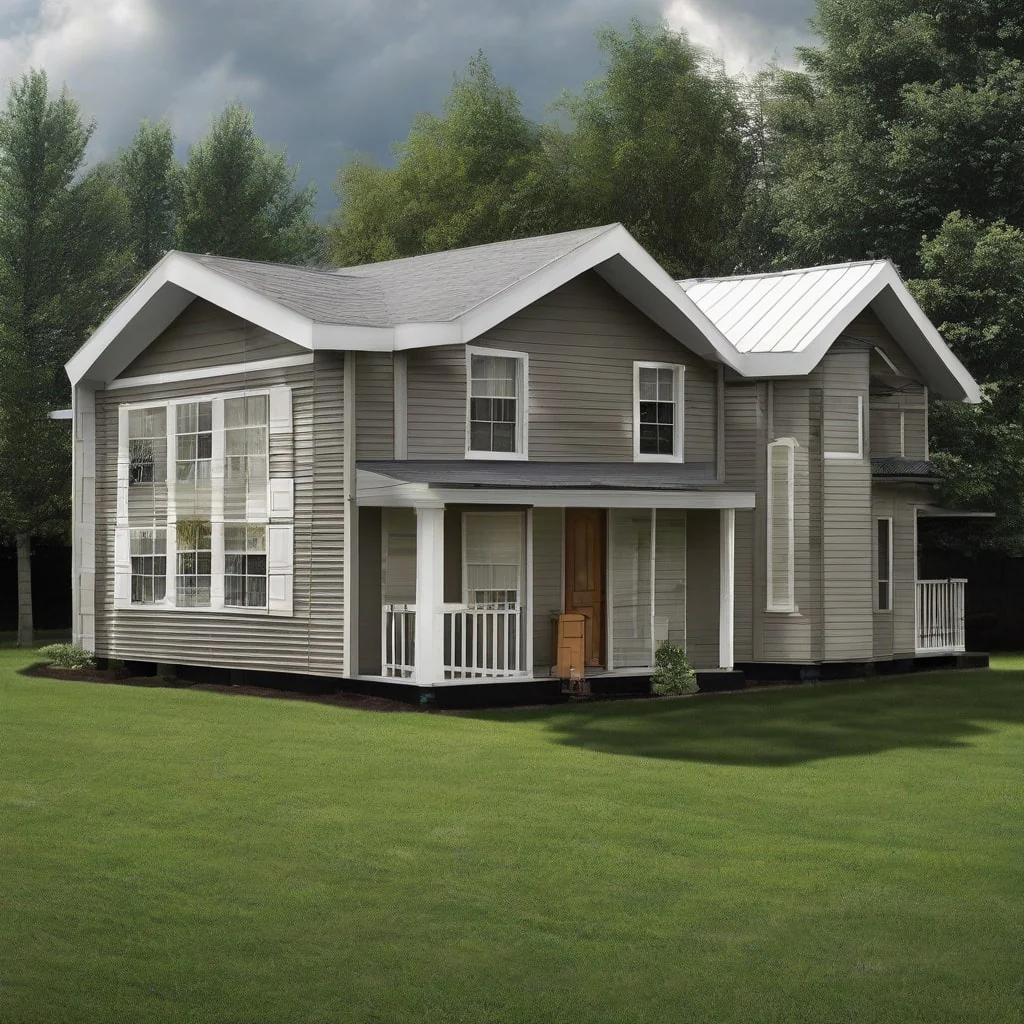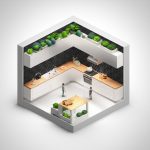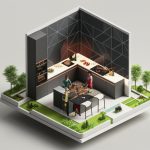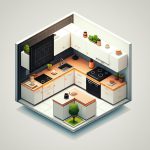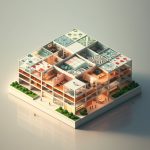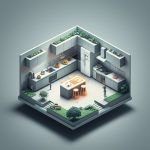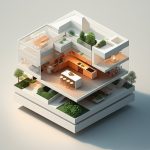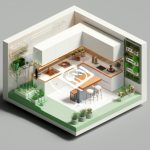Do Modular Homes Lose Value?
The rumor mill might whisper that modular homes don’t hold their value like traditional houses, but that’s simply not true! Well-maintained modular homes, like their traditionally built counterparts, can appreciate significantly over time. Just like any house, factors like location, age, and upkeep play a crucial role in determining their value.
Here’s the reality: modular homes are held to the same stringent building codes as traditional homes. Constructed in controlled factory settings, they often benefit from higher quality control and precision engineering than homes built piece-by-piece on a construction site. This results in durable, energy-efficient structures that can be more cost-effective in the long run. These advantages make them highly appealing to potential buyers, further bolstering their value.
Do Modular Homes Depreciate at the Same Rate as Traditional Homes?
Let’s set the record straight: modular homes appreciate at a comparable rate to their site-built counterparts. The misconception that they depreciate faster stems from outdated perceptions of prefabricated housing.
Both modular and traditional homes, once assembled, are permanent structures that provide shelter and comfort. The key difference lies in the construction process. Modular homes are like meticulously crafted puzzles, with sections pre-built in a factory and then assembled on-site. This efficient method doesn’t diminish their worth or longevity.
When it comes to resale value, both modular and traditional homes are evaluated on the same criteria: location, condition, and market trends. A well-maintained modular home in a desirable neighborhood will attract buyers just as readily as a comparable traditional home.
Furthermore, the efficient construction process of modular homes often translates into lower building costs. This means homeowners may enjoy quicker equity building compared to those with traditionally built homes.
Here’s a quick comparison:
| Factor | Modular Homes | Traditional Homes |
|---|---|---|
| Appreciation | Follows market trends | Follows market trends |
| Construction | Factory-built sections, on-site assembly | Built entirely on-site |
| Resale Value | Influenced by location, condition, market | Influenced by location, condition, market |
| Cost Savings | Potential for lower construction costs | May have higher construction costs |
For more information on modular home value appreciation and depreciation, check out this resource:
Factors That Influence Modular Home Appreciation
Just like traditional homes, well-maintained modular homes can increase in value, often at a similar pace.
Location, Age, and Upkeep
These three factors are paramount for any home’s value, regardless of construction method. Homes situated in desirable neighborhoods, meticulously maintained, and thoughtfully updated will always be in high demand.
Quality Construction and Energy Efficiency
Modular homes benefit from a controlled factory building process, ensuring consistent quality and structural integrity. The use of modern building materials and techniques results in highly energy-efficient homes, translating into lower utility bills for homeowners and increased appeal for potential buyers.
The Rise of Modular Homes
As the demand for affordable, customizable housing options continues to rise, modular homes are experiencing a surge in popularity. Their ability to meet green building standards and offer personalized designs aligns perfectly with current homebuyer preferences.
Key Takeaways:
- Modular homes can appreciate in value just like traditional homes.
- The misconception that modular homes depreciate quickly is outdated and inaccurate.
- Location, age, and maintenance are crucial for any home’s value.
- Modular homes offer advantages in construction quality, energy efficiency, and customization, all contributing to their long-term value.
- Green building certifications and the growing demand for affordable housing further enhance their value proposition.
Busting Common Myths About Modular Home Depreciation
It’s time to debunk the outdated myths surrounding modular homes and their value.
Think of modular homes like high-quality pre-assembled furniture. The components are precision-crafted in a factory, then assembled on-site. This process allows for the use of the same materials and adherence to the same building codes as traditional homes, ensuring their structural integrity and longevity.
Appraisers, the professionals who determine a home’s value, don’t differentiate between well-maintained modular and traditional homes. For them, a well-built home is a well-built home, regardless of the construction method.
Just like any house, regular maintenance is essential for preserving a modular home’s value. Addressing repairs promptly and keeping the home updated can significantly impact its long-term appreciation.
Modular homes often have a lower initial construction cost than traditional homes, providing homeowners with a head start on building equity. This cost advantage, coupled with their potential for appreciation, makes them an attractive option for savvy homebuyers.
Key Points to Remember:
- Modular homes maintain their value similarly to traditional homes when properly maintained.
- Their value is influenced by factors such as location, age, and maintenance, just like any other home.
- Modular homes are built to the same building codes as traditional homes and often have better quality control.
- Concerns about depreciation in modular homes are unfounded; they are a viable and valuable option for homeownership.
Don’t let outdated myths hold you back from exploring the possibilities of modular homes!
Internal Links in Context:
While modular home construction offers advantages in efficiency and cost, other construction projects, like road construction, involve different factors. From the type of road to the road maintenance equipment used, each aspect influences the project’s timeline and budget. For instance, the construction sq feet cost in Chennai can vary depending on the materials and labor involved.
- Black Backsplash Ideas: Stylish Kitchen Transformations to Inspire You - November 8, 2025
- Dark Backsplash Ideas: Drama and Depth for Your Kitchen - November 7, 2025
- Black Backsplash Tile: Find The Perfect Style For Your Kitchen - November 6, 2025
